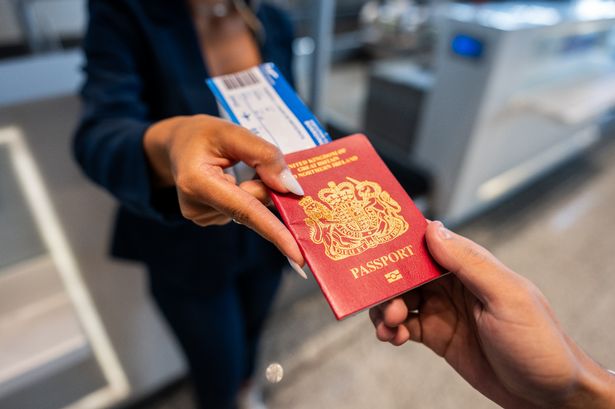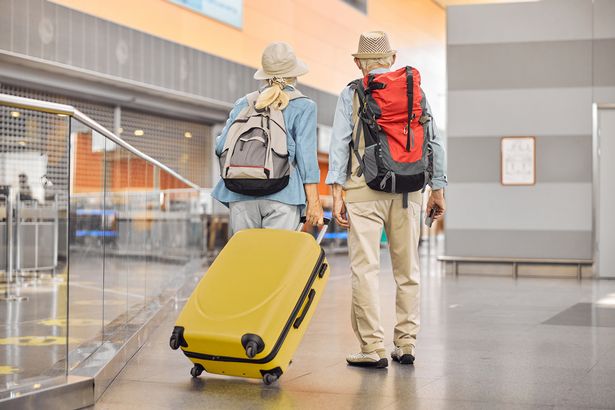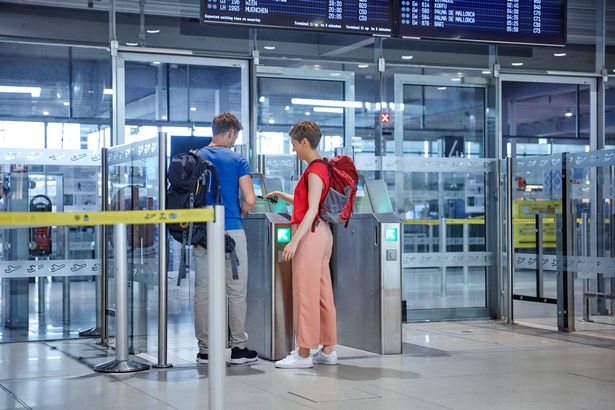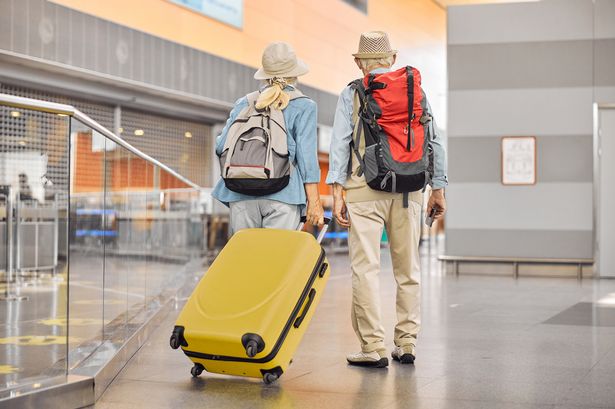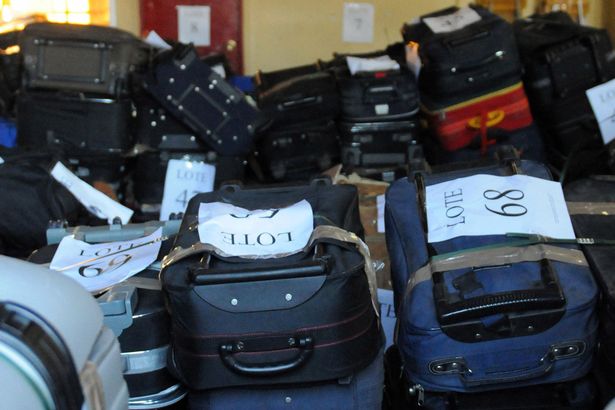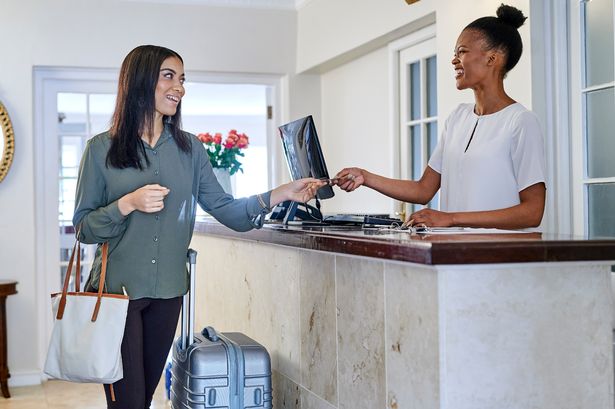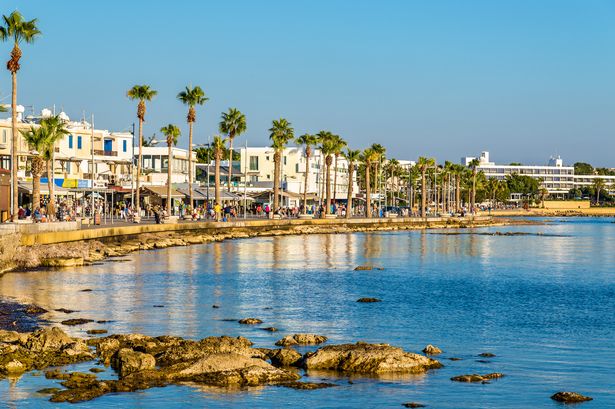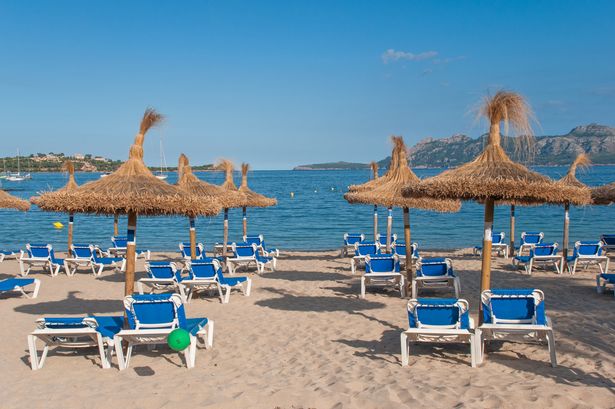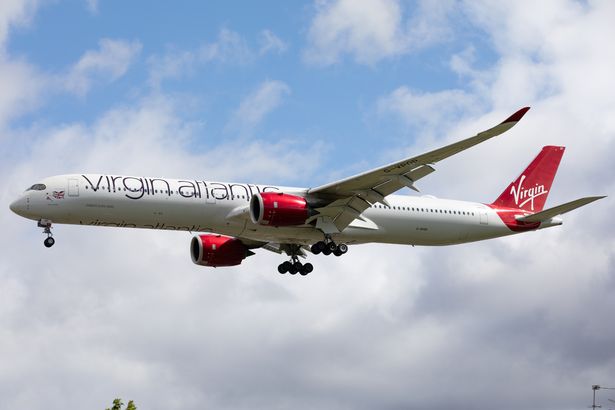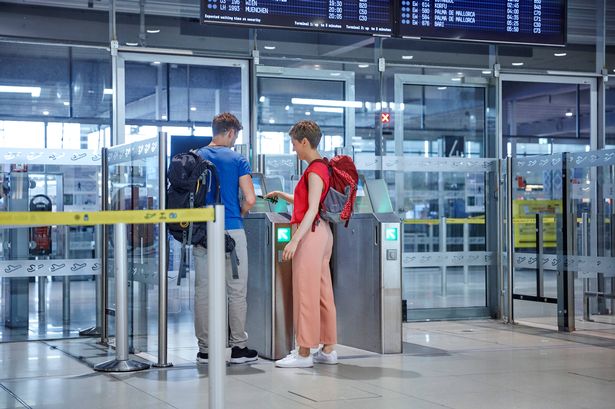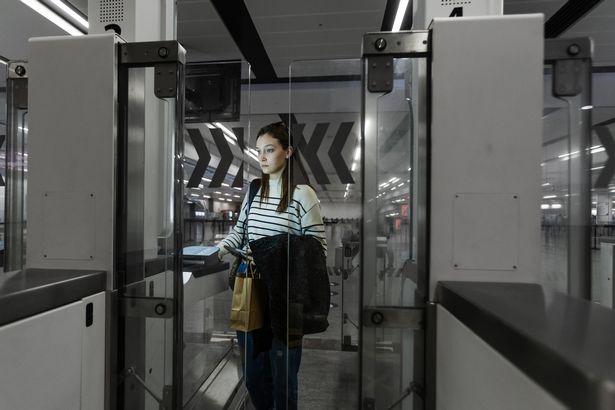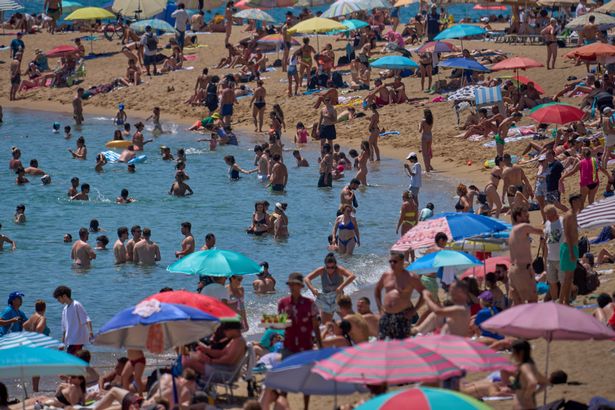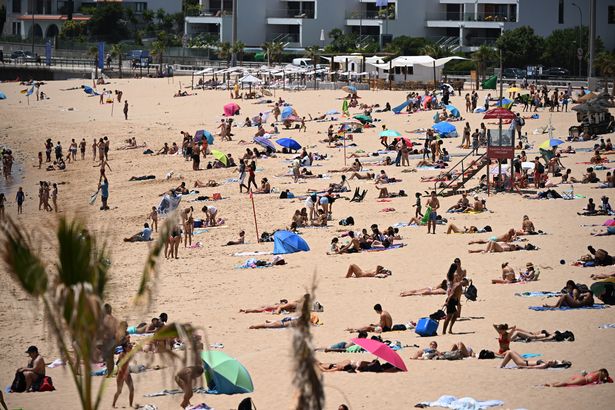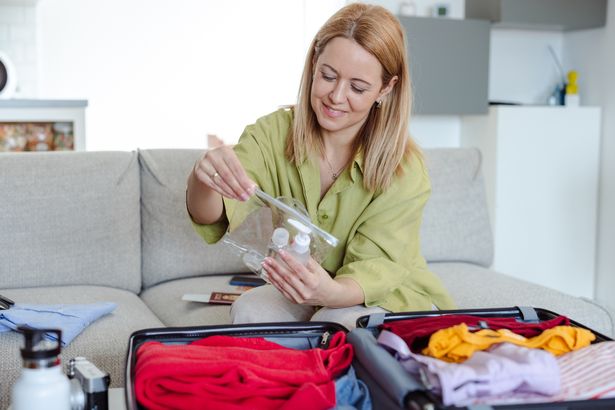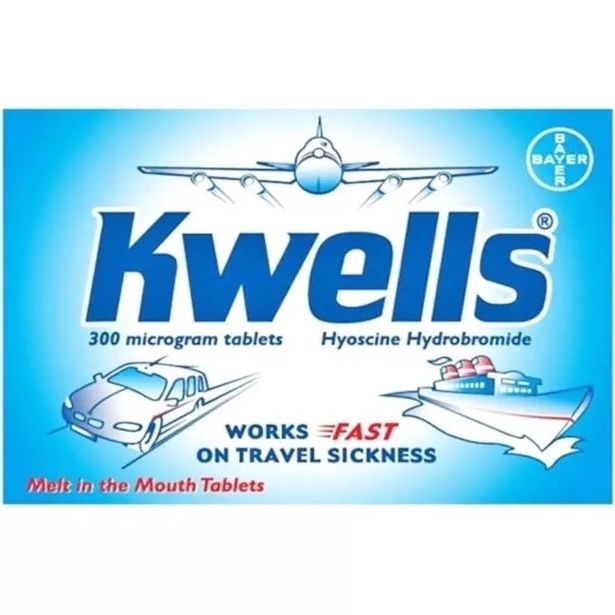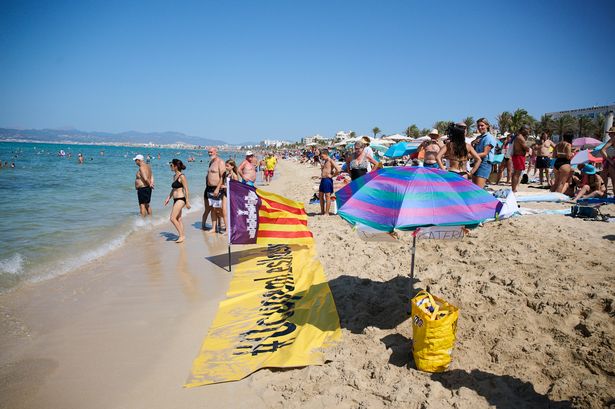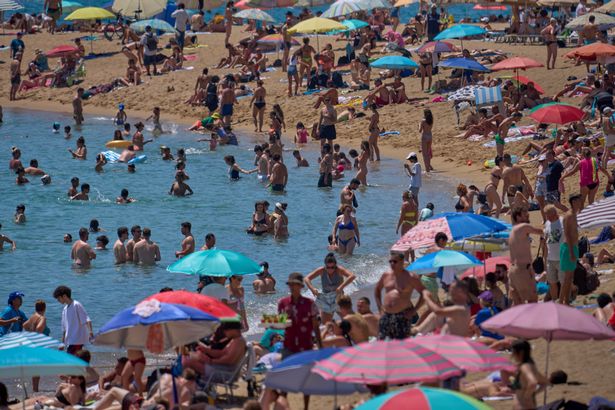Passport rules for British travellers have changed in recent years, with more factors to consider to ensure a passport remains valid, particularly since the UK left the European Union
Holidaymakers are being urged to ensure their passports are valid for travel to avoid potential delays or being denied boarding at the airport.
Travel insurance experts at Tiger.co.uk have named seven essential passport checks jet-setting Brits should carry out before heading on holiday this summer.
Passport rules for British travellers have changed in recent years, with more factors to consider to ensure a passport remains valid, particularly since the UK left the European Union.
When travelling to Europe, Brits need to make sure their passport was issued less than 10 years before the date of entry, and that it’s valid for at least three months after the planned date of departure from the EU.
READ MORE: ‘Fairytale’ UK best campsite beside river near waterfall is ‘out of this world’
This is crucial to remember because previously, UK passports could be issued with up to 10 years and nine months’ validity. EU rules now only recognise the 10-year limit from the issue date.
While UK travellers don’t need a visa for a short stay of up to 90 days in Europe, those looking to go on longer trips need to check the entry requirements for the country they’re visiting and obtain an appropriate travel permit.
Avid travellers collecting stamps in their passports need to also ensure they have at least two blank passport pages remaining, otherwise the document could be seen as invalid.
The experts also urge travellers to ensure their passports are in good physical condition, as damage to the cover, pages or the chip, could lead to delays or even refusal at the border.
Parents travelling with children should be especially mindful, as a child’s passport is only valid for five years.
Ian Wilson, travel insurance expert and Managing Director at Tiger.co.uk said: “We urge holidaymakers to carry out essential passport checks now to avoid last-minute hassle and potentially being turned away at the airport.
“Post-Brexit travel changes are still confusing for many of us, so it’s important for Brits to familiarise themselves with the validity requirements before jetting off to Europe.
“Travellers also need to ensure their passports are in good physical condition, as things like damage from water or ink, rips in pages and laminate peeling from the personal details page can mean that your passport may not be accepted as a valid travel document.
“If you’re denied access to your flight for issues such as an invalid passport, your travel insurance is unlikely to protect you. That’s why it’s so important to double-check these things well in advance of your departure date.”
READ MORE: Wizz Air scraps dozens of routes as hot weather is breaking its planesREAD MORE: ‘Best beach in UK you’ve never heard of’ with stunning views and hidden gems
Seven passport checks to carry out before travelling this year:
Blank pages in a passport
With Brits now getting stamped every time they travel through the EU, travel enthusiasts and those who hit the road for work may potentially run out of blank pages in their passports. All passport holders must have at least two blank passport pages when they travel, otherwise the document could be seen as invalid. Those who really like to travel frequently can opt for a jumbo passport that has 54 pages instead of a normal one with 34 pages.
Expiry date
Many countries require passports to be valid for at least six months beyond the date of arrival. In Europe, passports must be valid for at least three months beyond the date of departure and must have been issued less than 10 years ago. This is an important detail to remember as previously, British passports could be valid for 10 years and nine months, however with the new EU rules, they’re only valid for 10 years from the issue date.
Water damage
If your passport has sustained water damage, you likely won’t be able to use it as a valid travel document. While minor exposure to water such as slightly crinkled page edges shouldn’t be an issue – further damage like smudged ink or discolouration can lead to delays or refusals at the border.
Tears or rips in pages
If any of your passport pages are torn or missing, your passport is considered damaged and will likely not be accepted at the border, especially if it affects the personal details page or any visa stamps.
Laminate peeling
If the laminate over the personal details page is lifting or peeling, it could raise suspicions of tampering. This is a common reason for passports being flagged or rejected so even if all the information is readable, it’s best to get your passport replaced to prevent any issues.
Visa
Holidaymakers need to familiarise themselves with the entry requirements of the country they’re travelling to, especially if it’s a non-European destination, and acquire a travel visa if needed. When travelling to Europe, you don’t need a visa if you’re going for a shorter trip of up to 90 days.
Child passport
A child’s passport is only valid for five years and often expire before parents realise. Parents should check the expiry dates early and renew them in good time to avoid delays or travel disruption.
